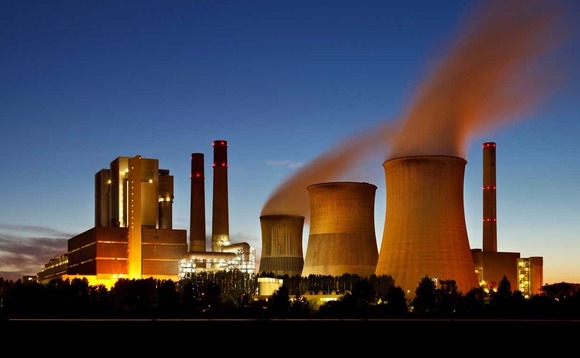Energy is what makes the universe functional. According to science energy can neither be created nor be destroyed. We now get to the point from where do we get that energy. It is obtained from the resources found on the earth. Some of these are natural and some man-made. If not for energy transformation from one form to another, carrying on life and its activities become difficult. Looking deeper, we can classify the resources into two broad categories. They are renewable and non-renewable sources of energy.
Renewable as the name suggests can be used over and over again. There is no end to it and it can be replenished. These are present naturally on mother earth without any need to create them. This includes the energy from the Sun, wind, water, and geothermal. These are present in nature in abundance and are also known as clean energy resources since they do not cause any damage to the environment.
Non-renewable sources are those that cannot be replenished and get over, due to continuous usage. They are limited in supply as they do not occur in nature as it is. Mankind is heavily dependent on these resources and is using them up at a fast pace. Some non-renewable resources are coal, natural gas, nuclear energy, oil.
Fossil fuels
All the non-renewable resources are collectively given the name fossil fuels. Organic substances like dead animals and plants lie under the ground, as deposits thousands of feet below the earth. These decay over time and are converted into coal, oil, and petroleum due to extreme heat and pressure in the earth’s crust. Thus are formed fossil fuels. It takes millions of years for them to be created and is used up at a rapid rate presently.
Types of Fossil fuels
- Coal- It is made up of carbon, hydrogen, nitrogen, oxygen, and sulfur and is a hard black substance. They are used in industries and also to generate electricity in thermal power plants. The steam engines of yesteryears used coal as fuel to generate steam and run the engine.
- Petroleum- It is an oily liquid generally green or black and has the name black gold as it is very precious. Its use is found in the manufacture of plastics, fibers, polythene, and also for road pavements.
- Natural gas is a clean fuel and is usually stored in compressed form to be transferred through pipelines. It is used in cooking, as automobile fuel, for power generation, and also to make chemicals and fertilizers.
Importance of fossil fuels:
- Nearly 90% of the demand for energy in present times is taken care of by fossil fuels only.
- Quite a huge amount of energy can be produced by burning a unit mass of fossil fuel.
- Most of the products we use on daily basis are based on fossil fuels like plastics, medicines, sunglasses, lipsticks, medical devices, and computers.
What is the need to conserve fossil fuels?
- The foremost need arises from the fact that they are non-renewable sources of energy. Once used, they cannot be easily replenished and it takes millions of years for fossil fuels to form. Unmindful usage of these essential resources will lead to scarcity and processes dependent on these sources will come to a standstill.
- As we have seen above man is heavily dependent on these resources and survival becomes very difficult if they are not conserved and used judiciously.
- Another important reason to conserve them is to reduce pollution and help the environment. More burning of fossil fuels leads to increased greenhouse gas emissions which in turn damage the ozone layer.
- To reduce global warming, less use of fossil fuels is considered. Heavy usage of fossil fuels leads to the heating up of the earth and due to this polar ice caps have started to melt leading to a rise in sea levels.
Ways to conserve fossil fuels:
- Use more of alternate sources of energy. The importance of renewable sources is being recognized and people are resorting to using them effectively. For example, powering your house through solar energy wherever possible can help conserve considerable energy.
- Try to be energy efficient starting from individual households. Better insulation also helps in lesser use of energy. The use of energy-efficient appliances and being considerate about energy usage can help a lot.
- Always follow the 3 R’s of Reduce, Reuse, and recycle to conserve energy. We cannot easily create fossil fuels so it is important to reuse and recycle products made from them in whatever possible way we can.
- Using lesser number of vehicles and resorting to public transport can also help conserve fuel.



